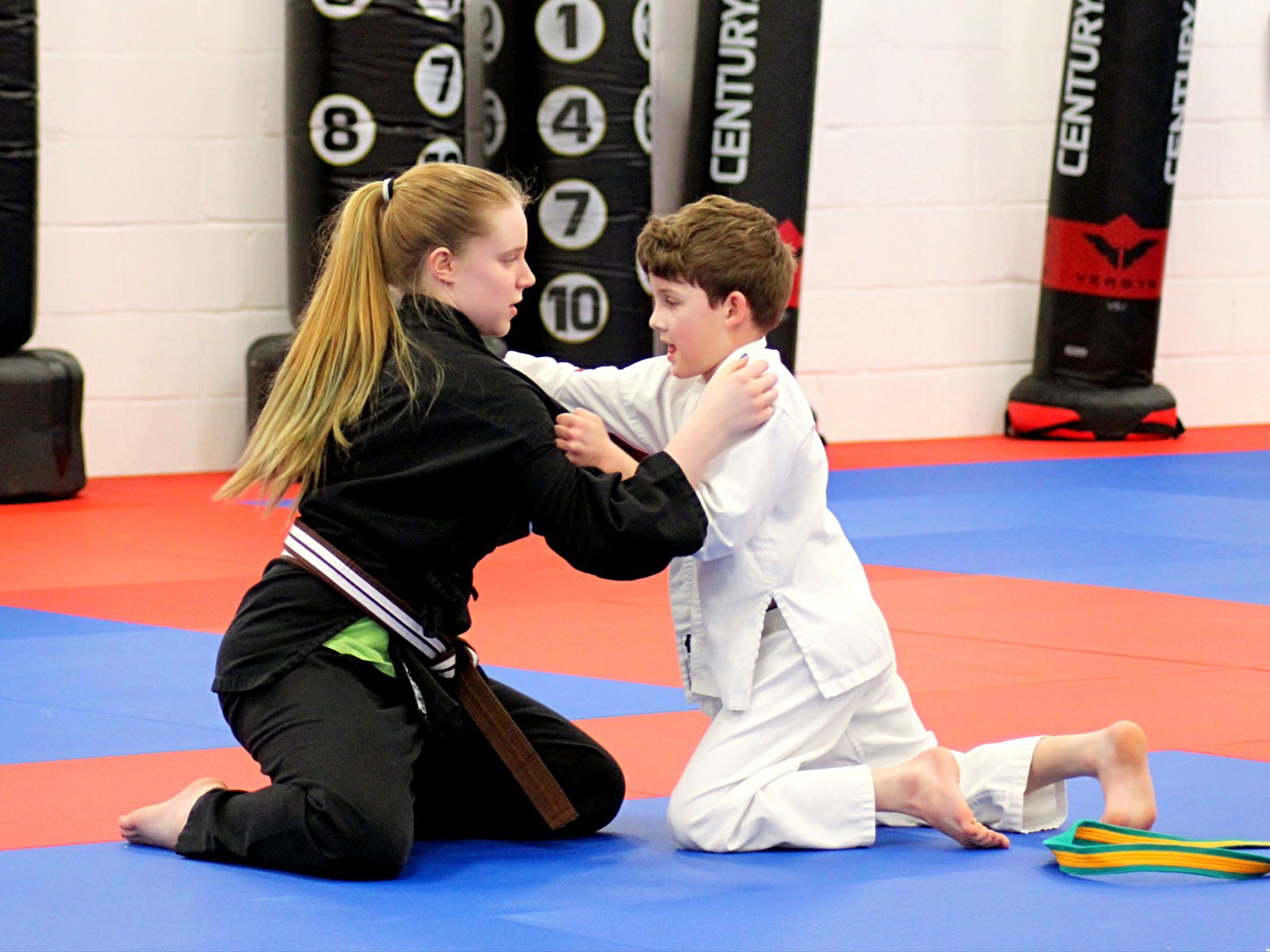Bullying in schools and self defence often cause a headache in knowing exactly how to deal with a scenarios where a child has physically defended themself. This short summary is designed to give an idea about options.
What is Bullying?
There is no legal definition of bullying. However, it’s usually defined as behaviour that is:
- repeated
- intended to hurt someone either physically or emotionally
- often aimed at certain groups, eg because of race, religion, gender or sexual orientation.
- It takes many forms and can include:
- physical assault
- teasing
- making threats
- name calling
- cyberbullying – bullying via mobile phone or online (eg email, social networks and instant messenger).
Schools and the law
By law, all state schools must have a behaviour policy in place that includes measures to prevent all forms of bullying among pupils. This policy is decided by the school. All teachers, pupils and parents must be told what it is.
Some forms of bullying are illegal and should be reported to the police. These include: violence or assault, theft, repeated harassment or intimidation, (eg name calling, threats and abusive phone calls, emails or text messages) and hate crimes.
By Law everyone is entitled to defend themselves against any attack. “A person may use such force as is reasonable in the circumstances for the purposes of: self-defence; or defence of another,” No one has the right to harm or abuse you or to tell you not to defend yourself. Many schools anti bullying policies will say something like “not retaliating aggressively.” Whilst this principle is correct, it is not always realistic as it could mean physical injuries are inflicted upon ‘the victim.’ As a parent it is necessary to discuss this with your child and let them know your thoughts on this and what you want them to do in the case of a physical attack against them.
What to do about Bullying
Encourage your child to deal with bullying by:
- Staying around friends to avoid being alone
- Keeping away from people that intimidate them
- Ignoring comments or funny looks and walking away
- Being confident
- Keeping a diary of incidents – who, what, when and where
- Letting you or another adult know.
Help your child feel happier by:
- Encouraging them to focus on the good parts of their life and to value existing friends
- Helping them find leisure activities to boost their confidence and find new friends
- Letting them know you love them and want to help them and that the bullying is not their fault.
If the bullying is happening in school
- Talk to the school
- Knowing that you and the school understand the problems and are working together will help your child feel safe.
- Let the school know straight away.
- Arrange to meet a member of staff who your child suggests.
- Ask for a copy of the school’s anti-bullying policy, which will explain how they deal with bullying.
- Talk to staff calmly.
- Report exactly what happened, how many times, when, where, and who was involved. If your child has kept a diary of events, take it with you.
- Be positive and let your child know that things will get better by working with the school.
- Understand that schools cannot share confidential information about other children.
- Agree ways to improve things rather than finding someone to blame.
Taster session
To book your FREE taster session get in touch with us.

